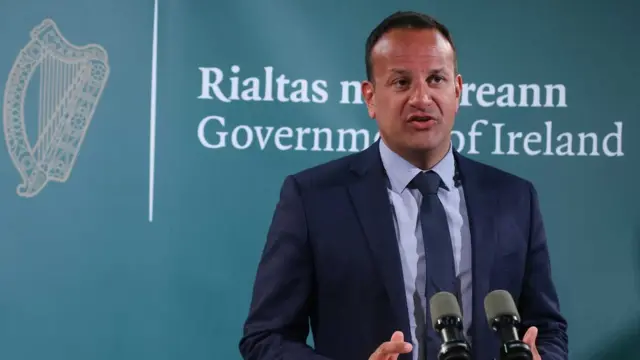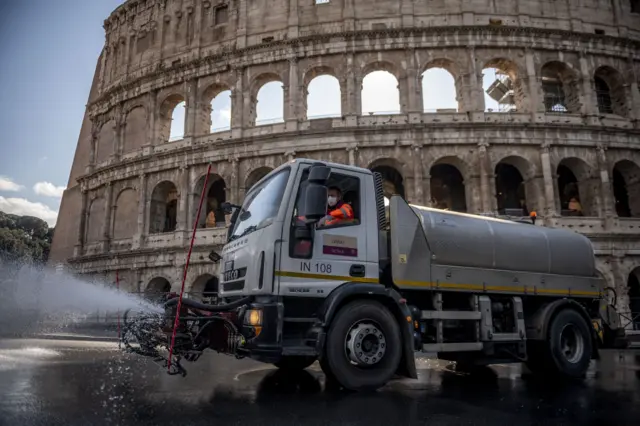India's response in picturespublished at 18:58 GMT 24 March 2020
As we've been reporting, more than a billion people in India have been asked to observe a "total lockdown" for the next 21 days in an attempt to stave off the coronavirus pandemic.
The capital Delhi and several state governments began partial shutdowns on Sunday, when Prime Minister Narendra Modi warned people were not taking measures seriously enough.
Now Mr Modi says no citizen in the country will be allowed to leave their home.
There have been more than 500 confirmed cases across India. At least nine people have died.
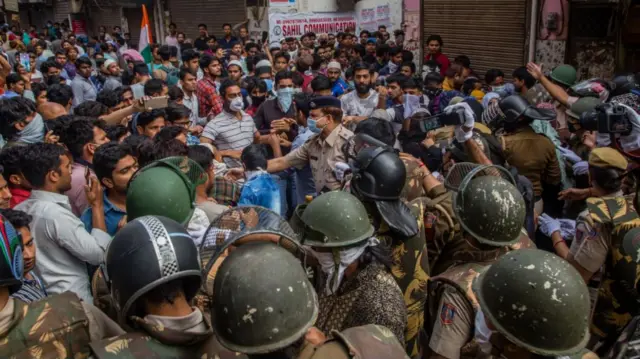 Image source, Getty Images
Image source, Getty ImagesEarlier on Tuesday, Indian protesters clashed with police officers sent to disperse crowds demonstrating against a citizenship law in Delhi
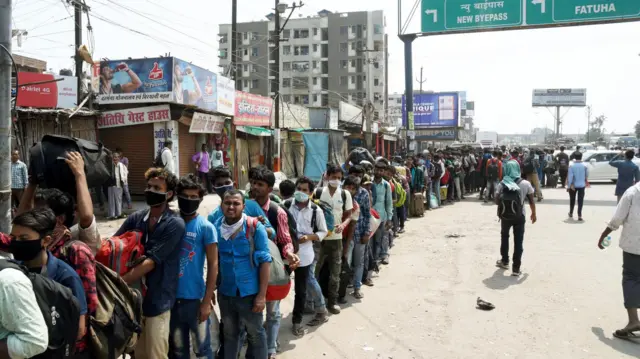 Image source, Getty Images
Image source, Getty ImagesCommuters formed long queues to board buses in Patna on Monday.
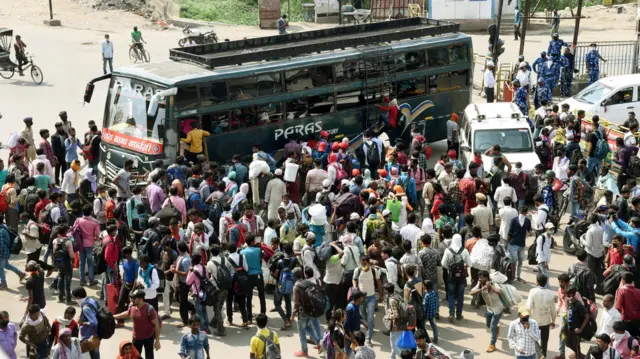 Image source, Getty Images
Image source, Getty ImagesPeople then scrambled to board the overcrowded buses. It is hoped that the new nationwide measures will avoid scenes like this
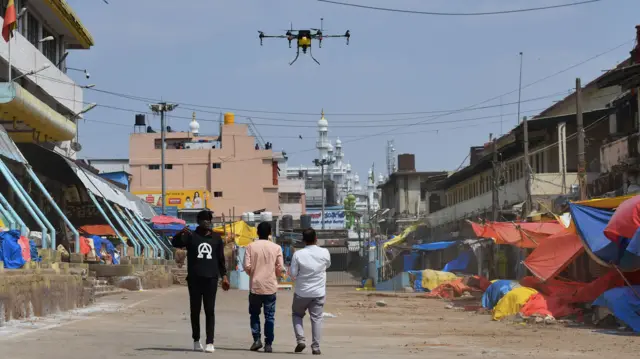 Image source, Getty Images
Image source, Getty ImagesThe authorities have tried to take advantage of vacant streets by using drones to spray disinfectant, such as here at a market in Bangalore. But not all locals have stayed away


